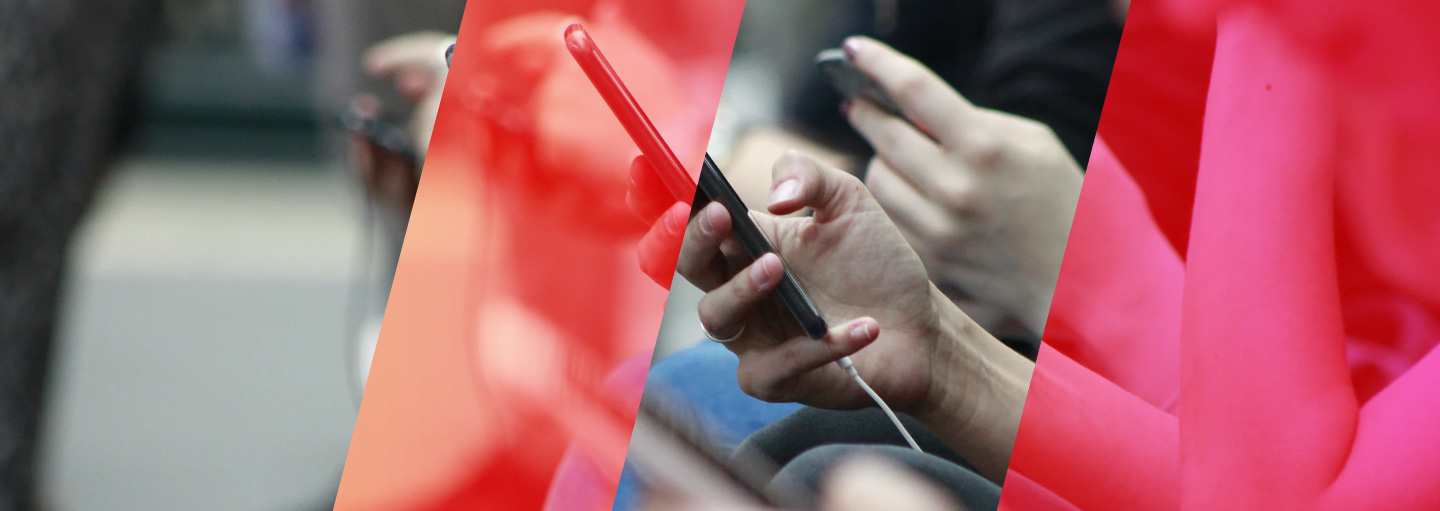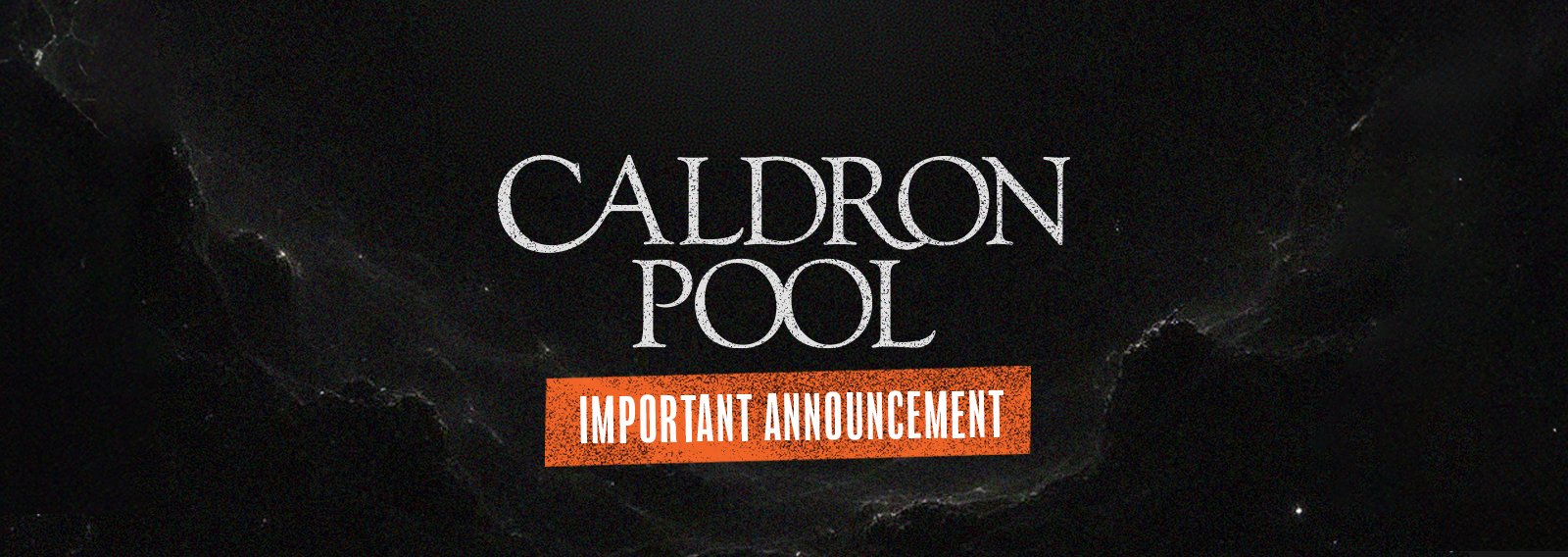If you’re close enough to me or have seen my interactions on the internet, you’d know that I regard the internet as a place for good conversation, not a genuine community.
While I concede that there are select examples where this is not the case, for the most part, the lack of face-to-face interaction (coupled with the absence of body language), makes relationships on social media transactional and superficial.
Social media is a numbers game. It’s not so much about deliberate community, as it is image management. Content and ideas are bought and sold with consideration to how they might increase, influence or reinforce an image. The reward and currency for this are improved stats, via likes, shares, comments, followers and “friends.”
Clickbait articles con us with various controversial headlines. We’re enticed to react. Then feed into any hype created by its authors. We’re consistently bombarded with the next ‘’shock and awe’’ post, seeking to snatch our attention and rile us all up. Our tears of rage or sympathy are gold in this environment; cash in the bank for those mining for them.
Simply put: fake news sells.
A large part of the internet is about smart marketing. It can bolster, foster and ignite community, but it cannot be community. From promoting Trump to socialists demonising the capitalist system that they benefit from, if it’s effective, every post and every link will involve a polished sales pitch.
Anything deemed ugly, ersatz or imperfect; any article that exceeds three paragraphs and doesn’t pump out catchy ear-pleasing half-truths; anything that doesn’t catch our attention, or agree with a political agenda, gets pushed to the bottom of the pile; overlooked and dismissed.
In how Social media is currently used, social media may be able to foster genuine community, but it is incapable of replacing life together fellowship.
In Koine Greek, community or ‘plethos’ is defined as being a large number; a [physical] gathering of people [i]. In ecology, it’s considered to be: a group of interdependent organisms inhabiting the same region, and interacting with each other.
Mirriam-Webster notes that it is ‘a body of persons or nations; social activity – fellowship.’’
Where social media fails to accurately represent the physical community because it’s become what many are calling an echo chamber, it no longer facilitates community.
Where ever a large portion of people fail to be heard because they don’t have the means to compete, social media negates community.
Wherever there are are people too scared to speak and contribute, social media fails to facilitate community.
To illustrate this, some time ago I made the decision to remove myself from an ongoing conversation. It had become clear to me that my contributions were no longer all that welcome.
Before doing so, I placed this decision before God and prayerfully took the time to consider the right response.
I wanted to make certain that my internal receptors were not just blinking because of something that “triggered” me, or because I found disagreement or offense with the content.
I was in cautious agreement with most of the propositions. I just happened to question some of the conclusions being drawn by those involved. Overall, the exchange was as good as most time-poor communication can be online.
Our interaction was sporadic but consistent enough to build rapport. When we did engage in conversation, it was mutually beneficial and my well-educated interlocutors reciprocated the respect they were shown.
After some months had passed the tone seemed to change. It was easy enough to see that my contribution – “presence” – was no longer all that welcome.
My own posts and comments were as balanced as I could get them without being forced to be dishonest in order to maintain their approval.
As a result, my posts appeared to become something of an irritation. The exchange had deteriorated. The message communicated to me was that my position on some issues embarrassed my “friends” in front of their intended audience.
So, I chose to graciously remove myself from the conversation. A few weeks later I received a message asking me why I had “unfriended” them on Facebook.
In a 200 word response, I explained my reasons. Stating that I felt as though our sporadic communications had dissolved to the point where we banging our heads against each other; frustrating one another.
Opening up the opportunity for my “friend” to correct me, I apologised if I’d misinterpreted the tone of our exchanges. Their response confirmed that my chosen course of action was the right one.
What I’d written was ignored. They proceeded to try to get to me to confirm that my decision was as an attack on their politics. All based on the assumption that I’d “unfriended” them because they were not ‘’conservative’’ enough. Something I denied and continue to do so.
Paul, to the Galatian Church, in his famous pericope on what it means to live in freedom under the grace of Jesus Christ (Romans 6), wrote:
“If we live by the Spirit, let us also keep in step with the Spirit. Let us not become conceited, provoking one another, envying one another.” (Galatians 5:25)
Adhering to this will sometimes include removing ourselves from the conversation for the sake of peace, and peace of mind.
Offline this social distancing includes redefining abusive relationships through the implementation of boundaries. In the online world, the same necessary social distancing applies to synthetic community. Especially self-righteous echo chambers on social media.
[i] Goodrick, E & Kohlenberger III J. 1990 NIV Exhaustive Concordance, Zondervan





















